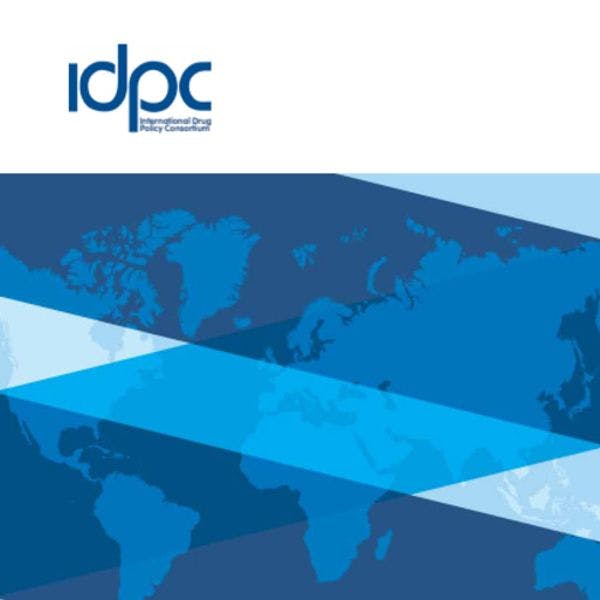IDPC Progress Report 2013-2014
It has been another exciting twelve months for global drug policy, and there continues to be a growing momentum towards policy reform and open debate. Regulated markets for cannabis are being set up in Uruguay and two US states (Washington and Colorado), and a growing acknowledgement that the current international drug control system is inadequate to meet the complexities of modern-day global drug markets.
Nonetheless, dialogue at the international level – particularly at the UN Commission on Narcotic Drugs (CND) – continues to be stifled by a reliance on consensus agreements. This is exemplified by the Joint Ministerial Statement issued by the UN in March 2014, which after months of lively debate was disappointing overall and failed to really address the challenges we face today. At this year's CND, Ecuador explicitly advocated for a thorough re-thinking of the international drug conventions, while many others came out in favour of the decriminalisation of drug possession, of harm reduction, of the abolishment of the death penalty, and of a general reorientation of the drug control system.
In this policy context, IDPC has been working in support of those countries willing to innovate in their drug policies. By collaborating with civil society colleagues and like-minded governments, IDPC seeks to make maximum use of the opportunity presented by the approaching UN General Assembly Special Session (UNGASS) on drugs of 2016.
This annual Progress Report offers information about the main activities implemented by IDPC during 2013 and 2014 and highlights our main achievements this year in terms of national and international advocacy, communications and publication of multilingual documentation.
Keep up-to-date with drug policy developments by subscribing to the IDPC Monthly Alert.
Read previous IDPC progress reports:
Downloads
Topics
Regions
Related Profiles
- International Drug Policy Consortium (IDPC)
